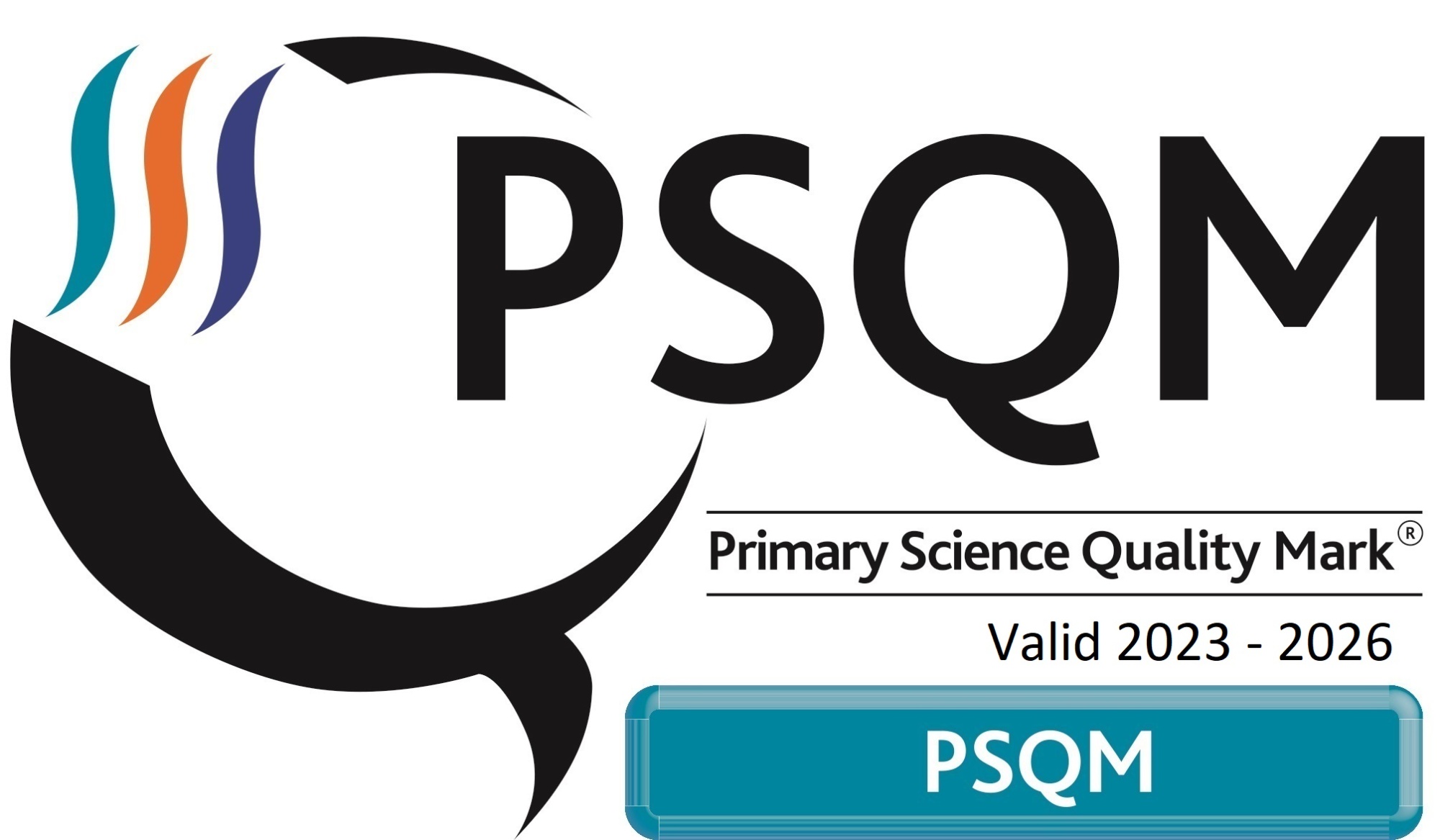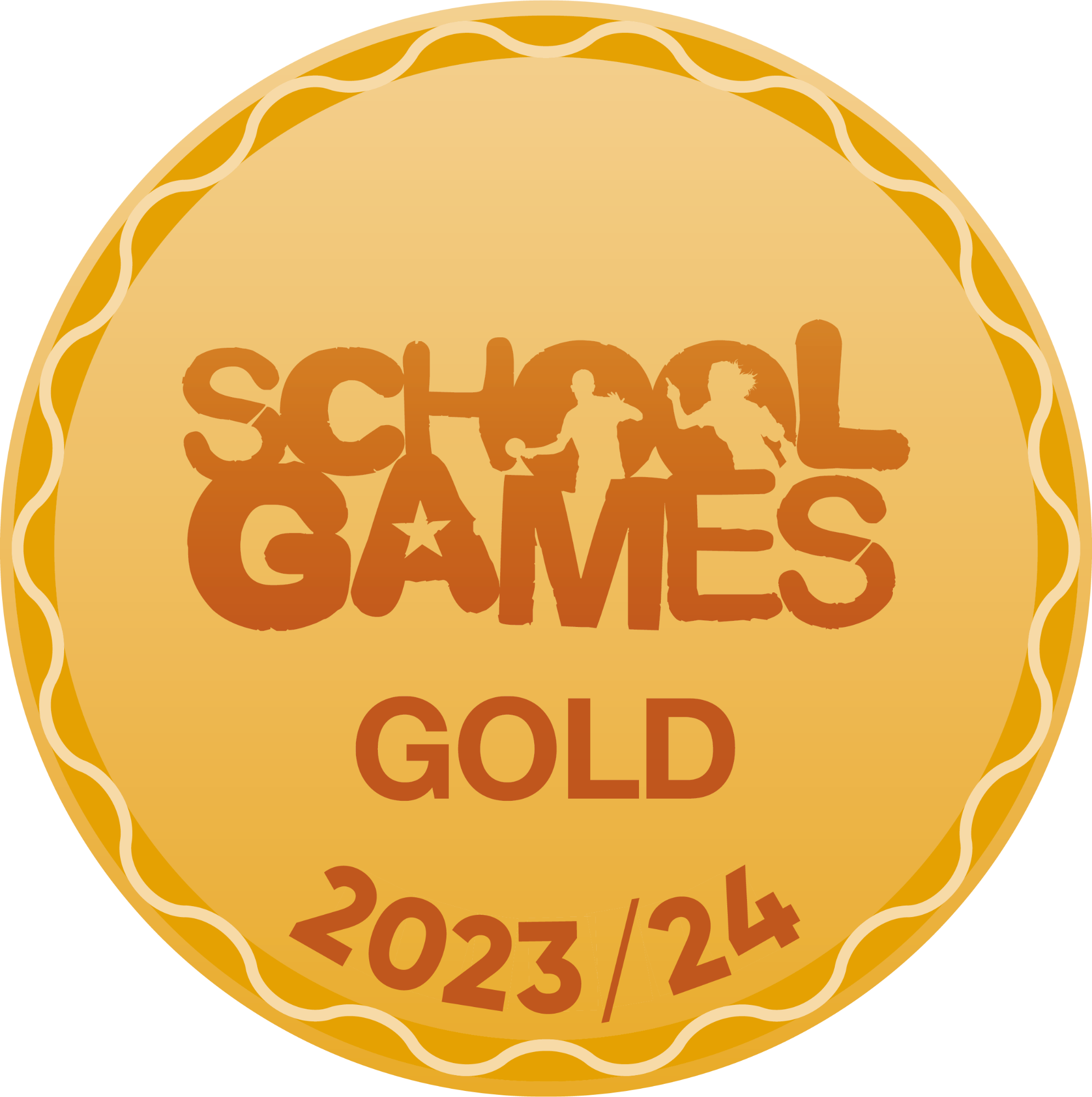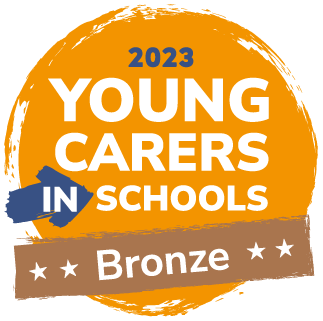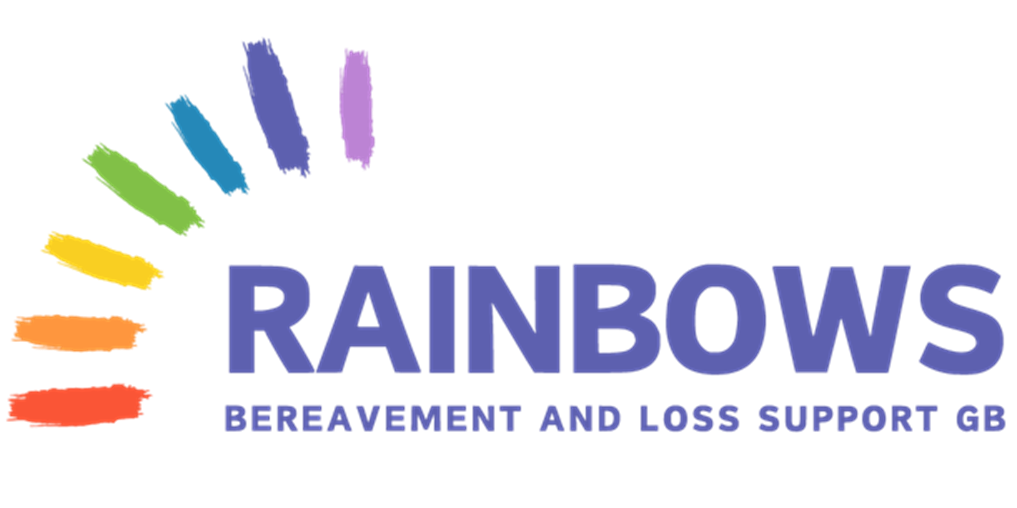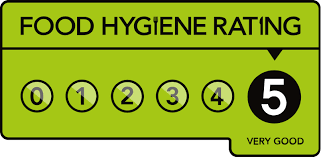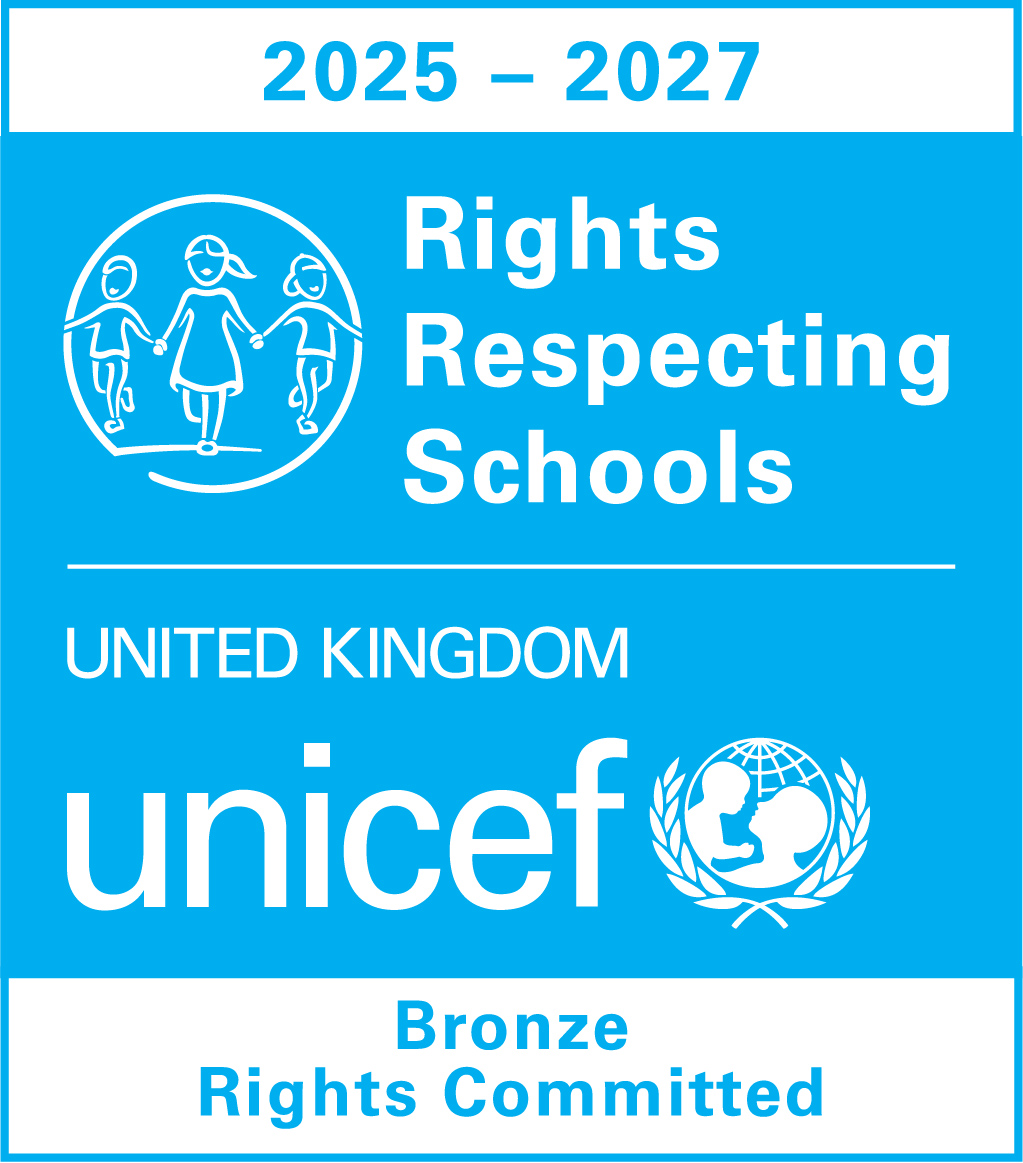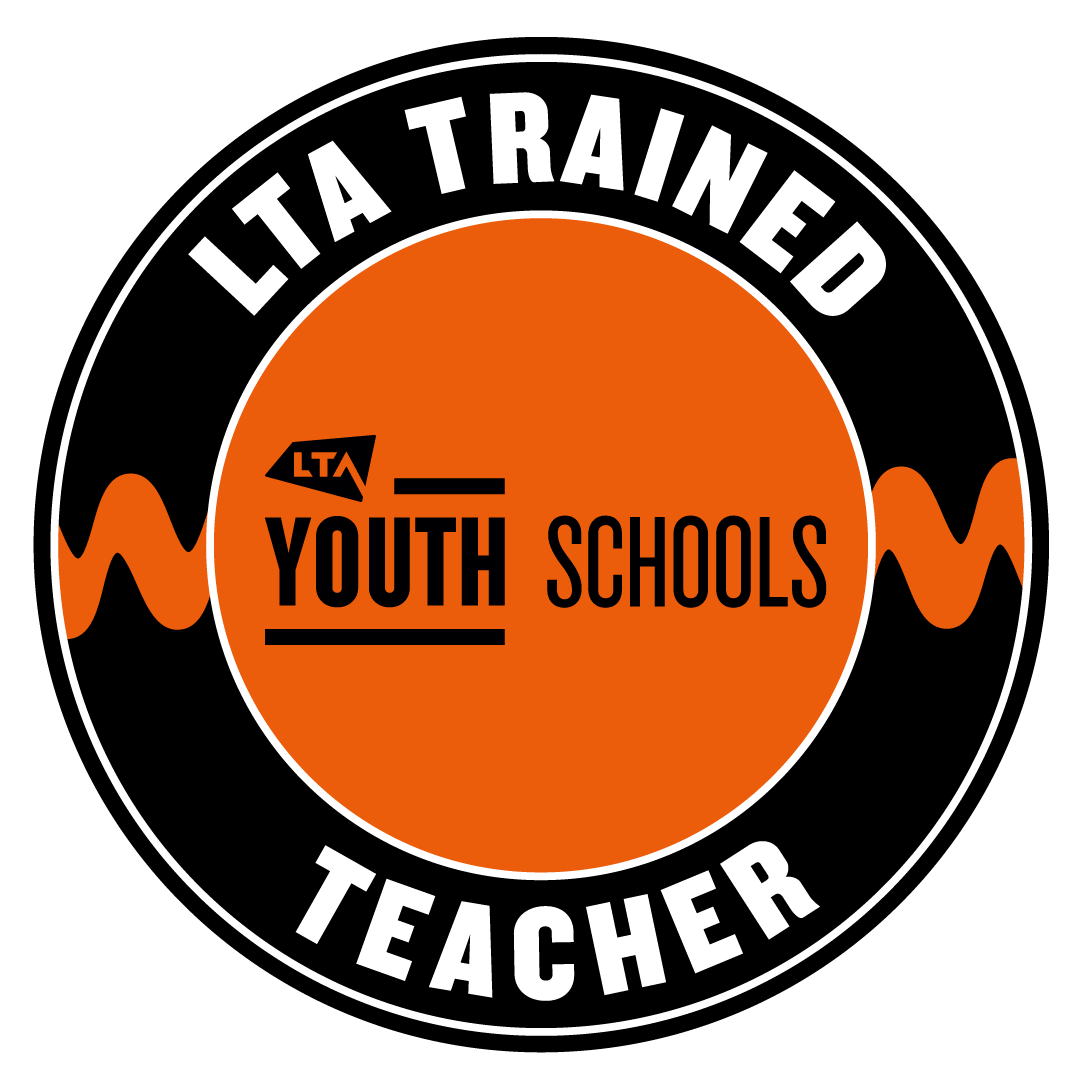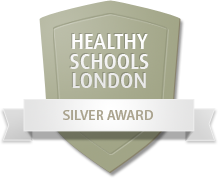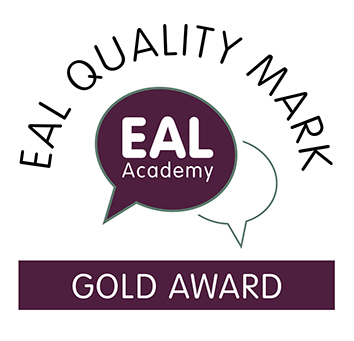Geography
Intent
At William Byrd Primary Academy, we deliver the National Curriculum objectives through a wide variety of topics, ensuring breadth and balance across all subject areas. Through this approach, we aim for a high-quality geography curriculum which will inspire in pupils to have curiosity and fascination about the world and its people that will remain with them for the rest of their lives. Teaching equips pupils with knowledge about diverse places, people, resources and natural and human environments, together with a deep understanding of the Earth's key physical and human processes. By revisiting these areas of learning regularly children will remember more, know more and be able to do more. As pupils progress, their growing knowledge about the world will help them to deepen their understanding of the interaction between physical and human processes, and of the formation and use of landscapes and environments.
Our own geographical location near a major airport means that we have high levels of transience across and within year groups. We have carefully designed and sequenced our curriculum to ensure that knowledge and skills are revisited and consolidated. We want our children to gain confidence and have practical experiences of geographical knowledge, understanding and skills, which explain how the Earth's features, at different scales, are shaped and interconnected and how they change over time. We prioritise experience days, educational visits and fieldwork which contribute to building pupils' cultural capital.
Implementation
At William Byrd Primary Academy, we ensure that geography has the same importance given to it as the core subjects, as we feel this is important in enabling all children to gain 'real-life' experiences. We ensure that all foundation subjects receive dedicated, high-quality teaching time and we teach geography and history in half-termly blocks. We use the 'WB4' pedagogical strategies in all subjects across the curriculum and each lesson has a focus on developing subject-specific vocabulary and oracy. Retrieval and spaced practice are key parts of every lesson. We aim to prepare children for the next stage in their education by providing them with the opportunity to develop and work as geographers and ensuring they have the required level of knowledge, understanding and skills.
In ensuring high standards of teaching and learning in geography, we implement a curriculum that is progressive and builds across the whole school.
Our geography curriculum specifies the substantive knowledge to be taught (place knowledge, locational knowledge, human, physical and environmental knowledge and geographical skills). We develop disciplinary knowledge to work in harmony within each strand of substantive knowledge so that the children are given the opportunity to think and act like geographers. Map reading skills are carefully sequenced across the school from EYFS (Early Years Foundation Stage) to Year 6. Progression of skills includes interpreting a range of maps, developing spatial thinking and increasing understanding of how places are connected. The geography curriculum begins in the EYFS where children begin to develop a sense of place and acquire a wide range of geographical vocabulary through the learning area 'Understanding the World', where children are encouraged to make sense of their physical world and their community. The use of fieldwork outside of the classroom is planned to immerse children in the key content of their learning and to encourage children to think and act like geographers.
Geography new units start with: an immersion/ experience day takes place to build children's cultural capital and 'level the playing field' of prior knowledge and experiences.
Geography lessons:
- begin with retrieval practice linked to prior learning in the current topic or an earlier one
- have key vocabulary associated with the unit displayed
- have MTYT vocabulary practice embedded
- have high standards expecting pupils to use key vocabulary
- have enquiry questions displayed at the beginning of the unit
- have key questions to be discussed and shared each lesson
- use WB4 and a prominent level of oracy
Geography books have:
- DUMTUMS used consistently
- knowledge and skills titles displayed
- new front cover sheets for each unit with coverage sequence
Classrooms will:
- have engaging displays related to the geography topic
- display key vocabulary, key questions
- celebrate students' work
Impact
At William Byrd Primary Academy, children can record their geographical learning in different ways. Evidence is dependent on the lesson objective; year groups and key knowledge and skills being developed. Progression of knowledge and skills maps ensures children develop key geographical skills over time. Plans have been developed to indicate the key learning, vocabulary and skills required for that unit of work. Teachers use a range of assessment tools, including summative and formative assessments, to indicate the progress children have made and the key knowledge they have gained. Assessment opportunities are carefully chosen to consolidate both substantive and disciplinary knowledge to develop children's geographical understanding of the big geographical concepts.
The impact of our geography curriculum will ensure that children:
- Use appropriate geographical terms
- Develop their locational knowledge of places around them and in the wider world
- Develop geographical skills and use fieldwork to observe, measure and record the human and physical features of different areas
- Describe and make links between situations and changes within and across different periods and societies.
| Geography Overview |
EYFSChildren explore Geography through the EYFS goals within Understanding the World. These objectives include:
KEY STAGE 1Locational knowledge
Place knowledge
Human, physical and environmental geography
Geographical skills and fieldwork
By the end of Key Stage One, pupils should develop knowledge about the world, the United Kingdom and their locality. They should understand basic subject-specific vocabulary relating to human and physical geography and begin to use geographical skills, including first-hand observation, to enhance their locational awareness. KEY STAGE 2Locational knowledge
Place knowledge
Human, physical and environmental geography
Geographical skills and fieldwork
By the end of Key Stage Two, pupils should extend their knowledge and understanding beyond the local area to include the United Kingdom and Europe, North and South America. This will include the location and characteristics of a range of the world’s most significant human and physical features. They should develop their use of geographical knowledge, understanding and skills to enhance their locational and place knowledge. |



